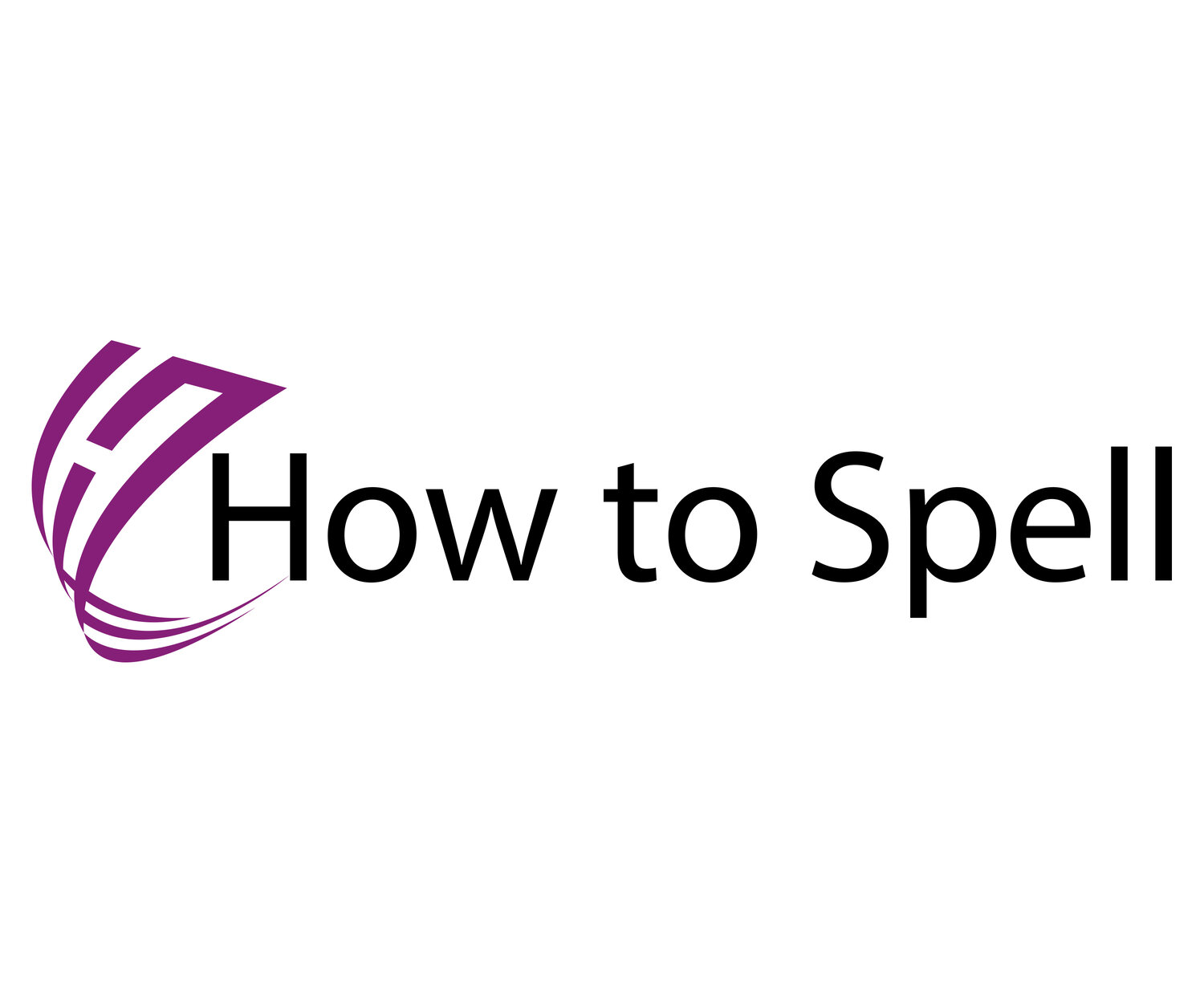British vs. American Spellings
Can you answer these questions?
A lot of American spellings have fewer letters, why?
Do you know why Americans changed British spellings?
What year was the first American dictionary published?
Answers in the video or read on.
There are a few important spelling differences between American and British words that you should be aware of, especially if your spellcheck on your computer is set to the American dictionary.
It seems crazy but a lot of computers at British colleges are not automatically set to the British English dictionary default. So be careful and change that dictionary setting to the UK dictionary setting.
So why are there differences?
The differences all started with Noah Webster.
With the Declaration of Independence in 1776 Americans wanted to proclaim their differences from Britain and one way was to reform spelling. Noah Webster led the way.
But his radical proposals had little support and in the end the spelling reforms were moderate in comparison to what he wanted.
The spelling reforms weren’t strongly supported by academics and linguists, maybe because with a lot of English spelling you see the etymology (the history) in the word which they didn't want destroyed.
He managed to simplify quite a few words though.
British to American
-our to -or - colour to color
-re to -er - centre to center -
-ise to -ize - realise to realize
-yse to -yze - analyse to analyse
-ogue to -og or -ogue - dialogue to dialogue or dialog
-enc to -ense - -defence to defense
No doubling of the final l – travelling to traveling
Check out the -ise vs. the -ize lesson.
In most cases American words have fewer letters -
US - British
licorice - liquorice
program - programme
maneuver - manoeuvre
plow - plough
sulfur - sulphur
specialty - speciality
naught - nought
skeptic - sceptic
vial - phial
whiskey - whisky
Do you know the British spellings of these American spellings?
1. write a check
2. cozy
3. donut
4. roadside curb
5. mustache
6. omelet
7. pajamas
8. tire
9. gray
10. yogurt
Answers
1. American English: write a check — British English: cheque
2. Am: cozy — Brit: cosy
3. Am: donut (this is used in British English too) — Brit: doughnut
4. Am: roadside curb — Brit: kerb (curb has another meaning in English)
5. Am: mustache — Brit - moustache
6. Am: omelet — Brit: omelette
7. Am: pajamas — Brit: pyjamas
8. Am: tire — Brit: tyre (tire has another meaning too)
9. Am: gray — Brit: grey
10. Am: yogurt (this is used in British English too) — Brit: yoghurt or yogurt
Click here to check out the -ise vs. ize lesson.
For more information about American vs. British spelling, punctuation and grammar, check out this website: The Ultimate Guide to Writing in British English vs American English


